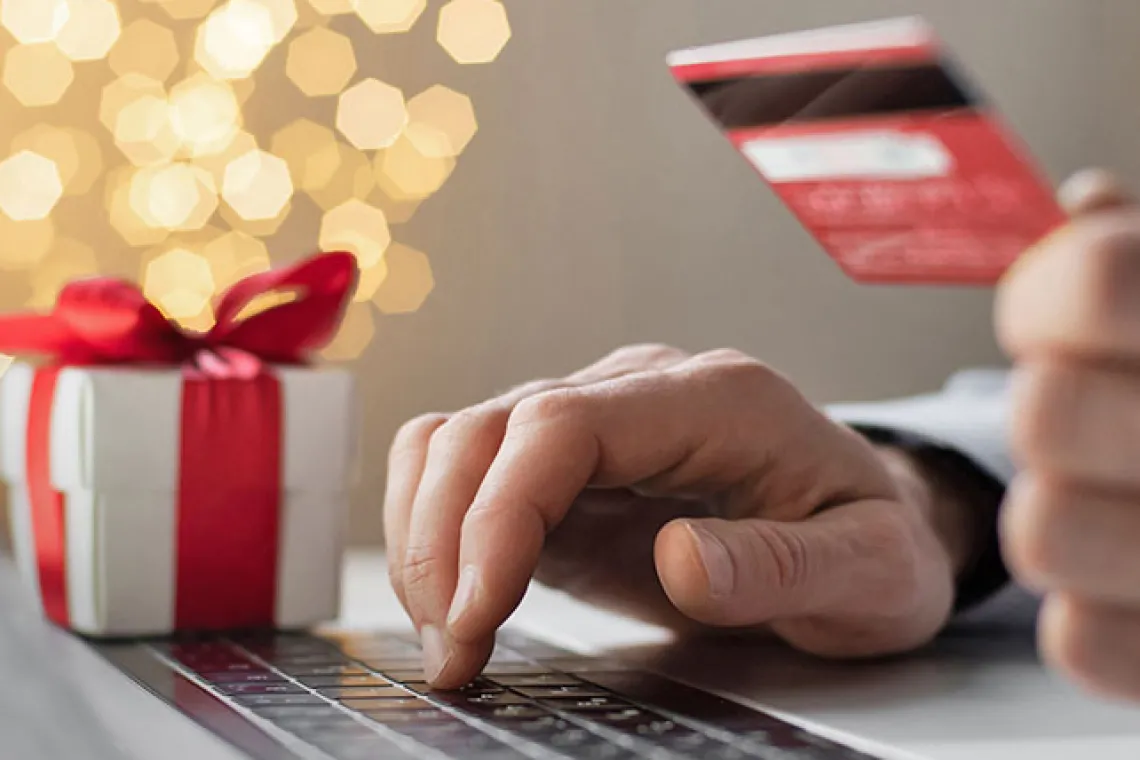Avoid Those Holiday Headaches
Nov. 29, 2022
Tips for staying safe and secure during the holiday season
Image

The holiday season is in full swing, and many of us are shopping and travelling during the long break. This season is a good time for scammers to use your good spirits and generosity against you. So, as you’re out travelling, shopping, or volunteering, here are a few good tips to follow to avoid a holiday headache.
- Stick to known and recognizable websites: Holiday-related deals (such as Black Friday and Cyber Monday) offer great discounts with the convenience of shopping from your own home. Always verify the URL before entering any personal information and avoid unknown websites and sellers.
- Beware of unsolicited offers you receive via text or email: Some of these offers may be real, while some may be a phishing attack. Think twice before you click.
- Be wary of using public wi-fi: While public wi-fi is convenient and sometimes necessary to use, it is not very secure. Use only your home or work wi-fi, or a VPN to access important accounts or shop online.
- Avoid giving out personal details: When entering your information online, don’t give out more information than you are comfortable with.
- Avoid offers that are too good to be true: Know how much items you want to buy should cost. Use common sense if prices are unthinkably low, as reputable sellers won’t offer expensive goods for cheap.
- Avoid banking woes: Keep a close eye on your bank and credit card statements, flagging any suspicious activity and notifying your bank immediately. Also, when withdrawing cash, always choose one that is physically inside a bank and inspect the machine for card skimmers.
This year the AAA predicts that 54.6 million people will travel more than fifty miles from home this holiday season. To protect yourself while traveling, here are a few more tips to follow:
- Use strong passwords: Now is a good time to protect yourself with good hygiene, protecting your accounts with strong complex passwords, multifactor authentication, and automatic software updates.
- Sign up for Two-Factor Authentication on all accounts: Doing so puts an extra layer of protection on your accounts, should your password become compromised.
- Use the UA Virtual Private Network (VPN): UA’s VPN provides a secure connection from your computer to the Internet and can be used on multiple platforms and devices.
- Follow guidelines from the Information Security Office’s webpage: The ISO has a webpage dedicated to guidelines on travel to make your trip secure.
Remember that these tips aren’t just for the holidays, but something that should be practiced year-round to keep you secure and safe!

